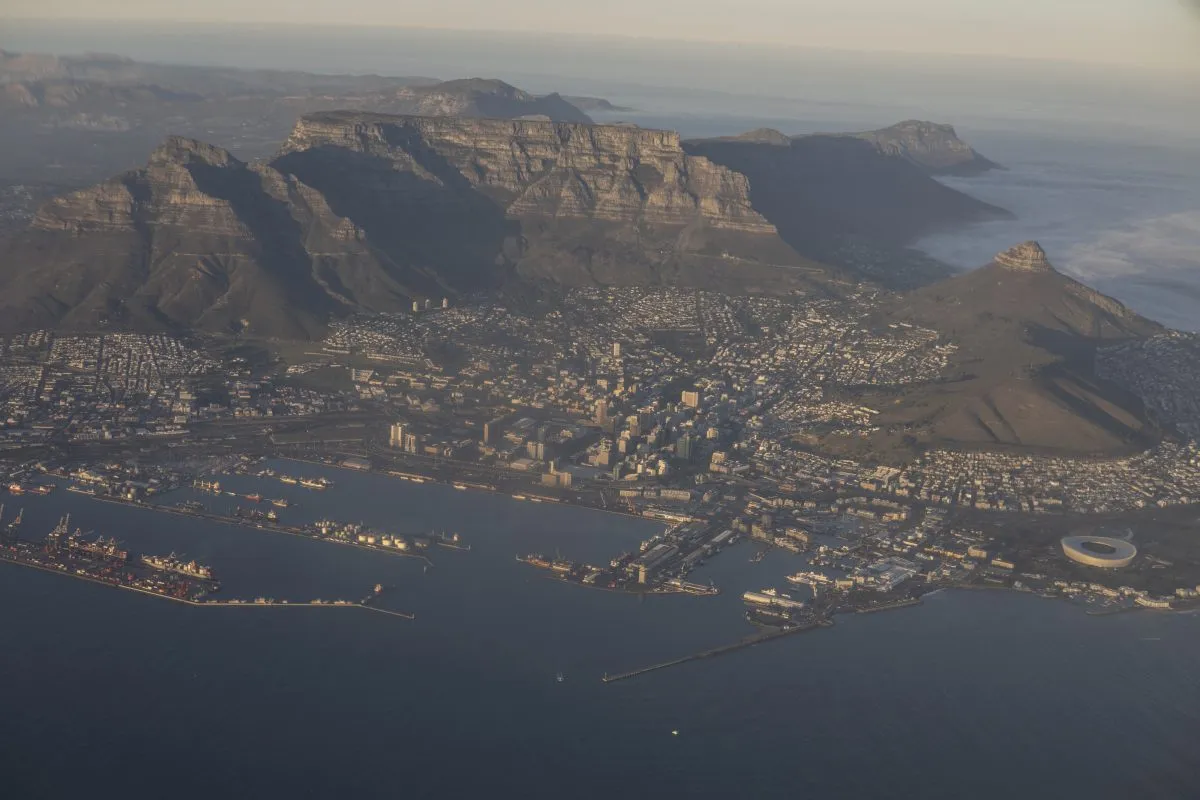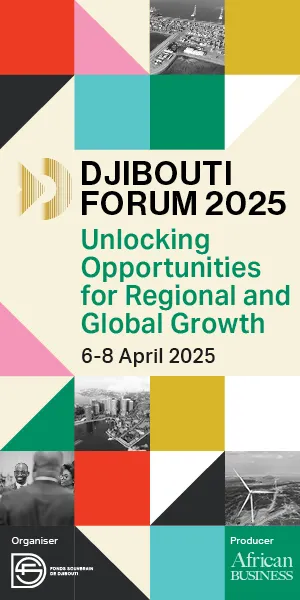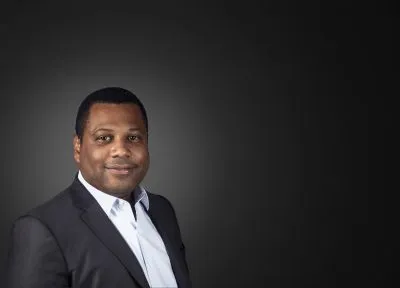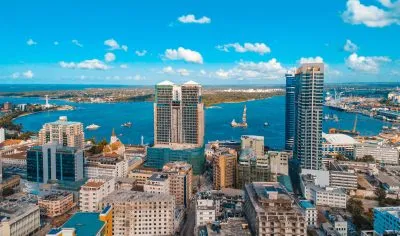In a world facing increasing geopolitical and economic risk, countries in Sub-Saharan Africa need to focus on greater self-reliance, reduce risk and collaborate to leverage capital flows to avoid becoming marginalised in a rapidly changing world.
This requires a focus on domestic resource mobilisation and creating resilience in policy, institutions and governance at home as well as pushing for an increased voice in multilateral organisations and improving Africa’s agency where it counts.
The continent remains highly vulnerable to geopolitical shocks, partly because of the potential impact of trade wars between competing blocs but also because of its high exposure to volatile commodities, with 23 resource-rich countries in its midst, little engagement with global value chains, and high debt levels.
The challenging political environment is a chance for African governments and businesses to step up and find ways to unite African and international capital to address the major shortfalls in infrastructure development and climate change mitigation and fast-track development on a continent facing new risks from high levels of urbanisation and demographics.
Leveraging the power of the private sector and particularly Africa’s commercial financial institutions is key to success, which was a key theme of the recent African Markets Conference in Cape Town hosted by the Standard Bank Group, Africa’s biggest bank by assets.
The event brought together foreign and local investors, policymakers, regulators and institutions to discuss economic priorities and collaboration in leveraging Africa’s rich but largely untapped wealth of potential capital.
Luvuyo Masinda, chief executive of corporate and investment banking at Standard Bank Group, said the event sought ways to unite global and African capital to chart a path for Africa’s next phase of growth and development.
Managing risk
To manage this means also reshaping the global perception of risk, in particular that of African risk. and managing risk against the backdrop of a global reset. He criticised international ratings agencies for pushing up the cost of offshore capital and adding to the debt burden by overstating Africa’s risk profile.
“Africa needs to deliver strong growth in an uncertain environment and attract foreign investment. What are some of the challenges that require decisive and actionable solutions,” he asked. The continent has shown its resilience, with GDP growth forecast for 2024 of 4%.
More than 40% of the world’s critical minerals underpinning the energy transition are to be found in Africa. Sub-Saharan Africa has 50% of global mobile money accounts with $2.5bn of transactions daily. Demographic growth and a rising youth population could propel Africa forward if properly managed, while the continental free trade initiative widely embraced in Africa is a potential game changer.
“But we need decisive action to deal with challenges and more efficient use of borrowed funds. Public-private partnerships, blended finance and innovative risk-sharing models are key to closing the gap.”
Junaid Kamal Ahmad, vice president, operations of the Multilateral Investment Guarantee Agency (MIGA), the World Bank’s political risk arm, said the organisation is playing an important role in derisking finance for projects in Africa, using its heft to bring down the cost of capital.
“It is not about derisking against commercial risk, but we derisk policy and regulatory uncertainty so private capital can come in. It is our job to bring down the perception of risk in Africa.”
He added that the nature of capital has changed. “There is no longer a world of development finance and market finance. We are now in a world of global finance. How do we access that for development? It is all about managing risk,” he said.
He noted that MIGA had pivoted from being a lending institution to a leveraging institution in one of the big shifts in development finance.
African governments face funding constraints, with many either already in or facing debt distress. South Africa, for example, has seen its public debt ratchet up in the past few years, reaching over 75% in 2024.
Strategic partnerships
South Africa’s deputy finance minister David Masondo says innovation is key in addressing this challenge. With significant demand for capital in an environment of scarce resources and high debt, the South African government had partnered with the private sector in this regard.
This collaboration falls under the umbrella of Operation Vulindlela, a joint initiative of the Presidency and National Treasury to undertake structural reforms in key sectors and reduce the dominance of state entities in strategic areas such as transport, logistics and energy.
While the government is addressing deep challenges in traditional coal energy, the country’s renewable energy programme has generally been lauded.
Vuyo Ntoi, co-managing director of African Infrastructure Investment Managers, told delegates at the event that South Africa had provided an important template for attracting project finance through its renewable energy programmes, which allowed investors to scale through multiple rounds of bidding.
“Repeatability means entities and international players can establish businesses to pursue opportunities because they have more than one chance to do so. That addresses the risk of setting up in a country.”
Constantin Von Moltke, head of syndicated loans at Afreximbank, says the African Continental Free Trade Area is changing the nature of commercial industrial engagement. He said an increased focus on industrial parks, special economic zones and other initiatives linked to value creation and exports, are creating a more commercial dynamic for the market.
Masondo also highlighted the need for regional industrialisation.
“As we talk about the structure of different industries and private sector engagement, we have to think continentally and regionally about how we support industrialisation and have different locations for specialisation.
“It doesn’t help to say we must industrialise on the continent and then our policies are not aligned. Synergy and harmonisation of policies on the continent is critical to drive industrialisation.
Time to mobilise resources
Pension funds also came under the spotlight as a significant source of capital for African development. Recent reforms in some African countries have allowed funds to invest in other African jurisdictions, opening up an opportunity for new funding streams. In South Africa funds can allocate up to 45% of their portfolios to offshore assets, a significant increase from the previous limit of 30%.
Masondo said the uptake had been slow but there would be traction in time as domestic resource mobilisation gained traction in Africa.
Attention was turned to specific issues with projects, including a lack of bankable projects on the table and issues around the cost of capital, coupled with the need for scale to bring down the cost of infrastructure.
Ntoi highlighted the need for governments to respect contracts, citing examples of where they had reneged on some of their obligations in the power market. “Trust and credibility are key to driving private sector participation in projects.” Policy coherence is also needed.
Jinny Yan, managing director of ICBC Standard Bank, urged delegates to look at China for alternative finance. “When we talk about financing, we often talk about western markets. How can Africa tap into this domestic market? We have the second biggest bond market in the world but it is hardly touched by African institutional investors.”
Want to continue reading? Subscribe today.
You've read all your free articles for this month! Subscribe now to enjoy full access to our content.
Digital Monthly
£8.00 / month
Receive full unlimited access to our articles, opinions, podcasts and more.
Digital Yearly
£70.00 / year
Our best value offer - save £26 and gain access to all of our digital content for an entire year!
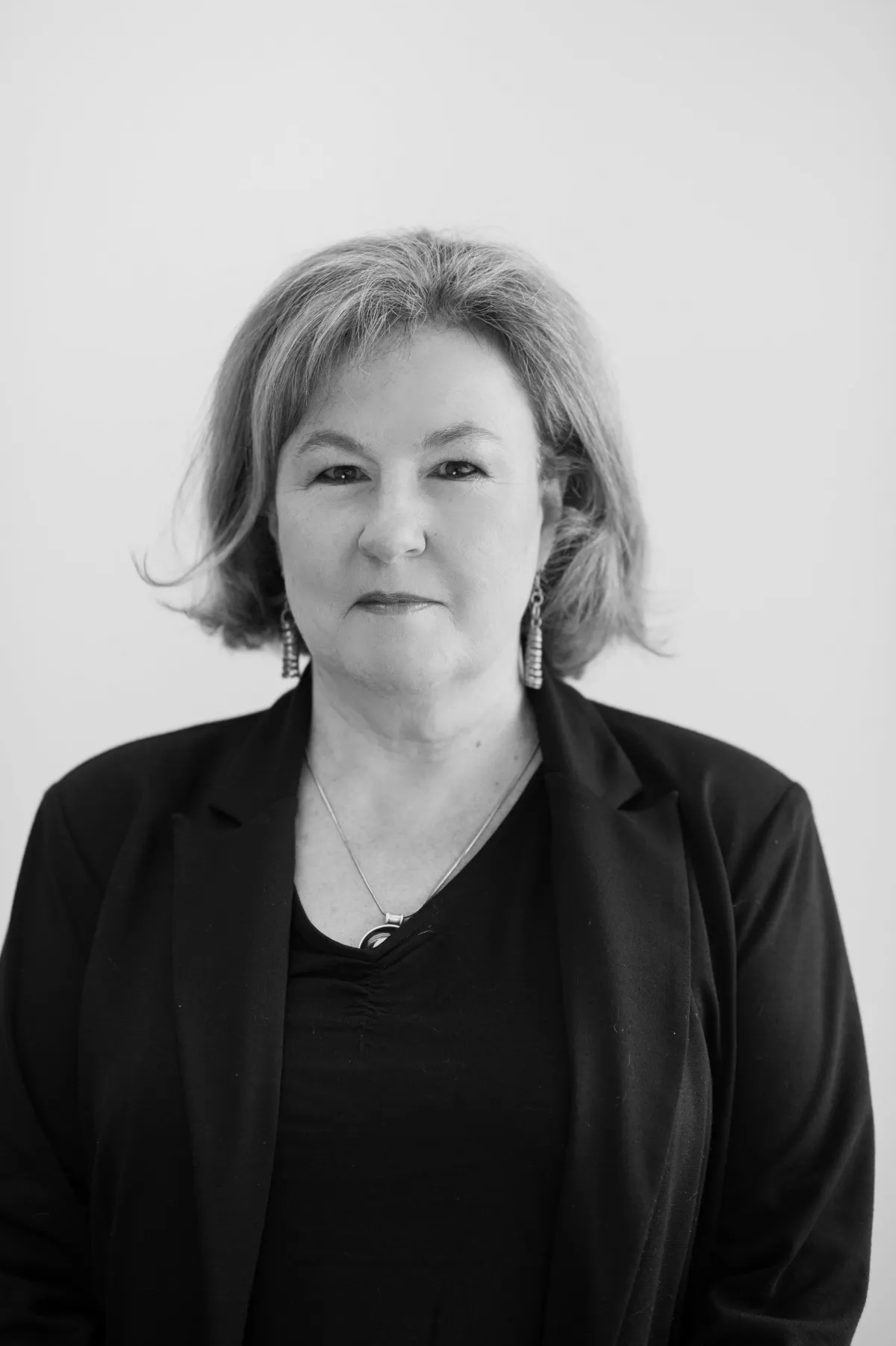
 Sign in with Google
Sign in with Google 